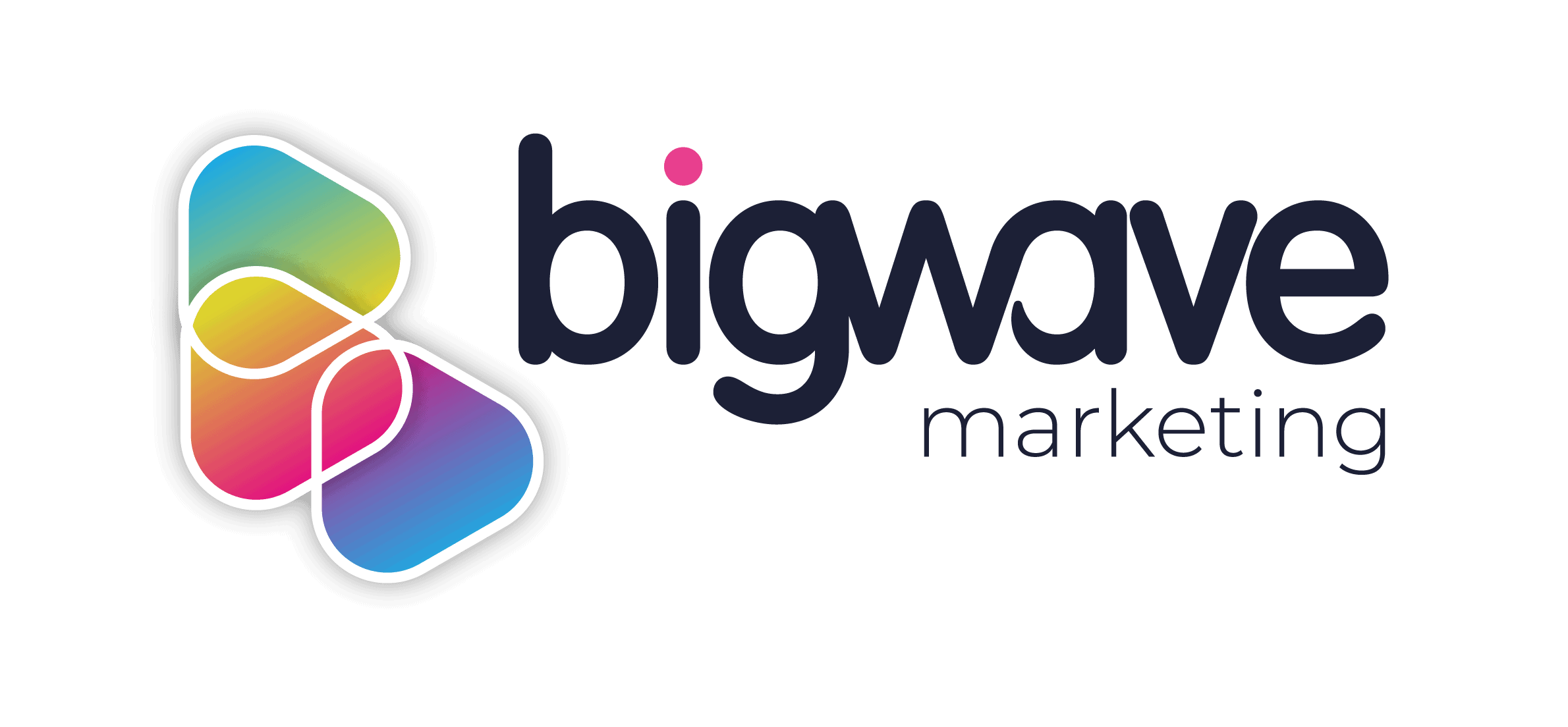Virtual marketing presents new and greater opportunities for brands. Marketing is an essential part of brand building and exposure, as it drives customers to your business. The way marketers work has changed drastically, relying on the virtual world to acquire customer reach. But not just through websites anymore.
These days, marketers need to adapt to new and emerging technologies and the continuous evolution of social media. Take Meta, for example. Again, virtual marketers will be looking to succeed in marketing in the metaverse to adapt to this new and revolutionary technological universe to avoid being left behind.
Virtual marketing is where marketers see the highest success rates. In this blog, we will discuss everything you need to know about virtual marketing in 2021.
1. What is Virtual Marketing?
Virtual marketing is another name for digital marketing. It is one of the most popular forms of marketing in conjunction with the global phenomenon that is social media.
It consists of different types of marketing that are done digitally or virtually, such as content marketing, email marketing, and PPC advertising.
Essentially, virtual marketing is carried out on computers and requires Internet access. Any type of marketing with the same approach will be considered virtual, and it is essential to tailor messages to a specific audience.
2. Why is Virtual Marketing Important?
Virtual marketing is important because it provides brands with successful measurability, affordability, speed, and engagement compared to traditional marketing methods. The power of the Internet introduced a whole new market for brands, and it has become the norm for a successful business. If you are inactive virtually, it is likely your brand won’t do very well.
Marketing virtually presents a whole host of opportunities and growth for businesses, making you visible to not only your chosen demographic but everyone else too if done correctly. Digital marketing is a must if you are a brand that wishes to increase sales and generally become well-known by the targeted and wider community.
3. The Beauty of Multichannel Marketing
Multichannel marketing is when brands utilise multiple channels, such as emails, social media, websites, adverts, etc., to communicate and promote a product or service. It is an efficient and effective way to boost customer reach but requires a well-thought-out and unified strategy that works on multiple channels.
Creating a strategy that combines campaigns and messages on multiple media channels ensures that you are mindful of your customer’s journey. Most importantly, it makes your brand and advertising memorable. People switch between different social platforms, navigate websites, watch TV, and listen to the radio. So, there is plenty of opportunities to get stuck inside their head (without pestering them too much!).
4. The Types of Virtual Marketing
Virtual marketing takes many forms. So, if you’re a new or small brand, it is best to seek specialists in each area to maximise your marketing successes.
-
Content Marketing
Content marketing is the art of storytelling and sharing information to boost brand awareness. It is one of the initial steps to entice someone to become your customer, so your content must be compelling enough to drive readers down the sales funnel to achieve that conversion.
Content can include blog posts, newsletters, social media copy, case studies, whitepapers, news articles – basically anything written. The content is what builds a relationship with customers that is trustworthy and sustainable, so it is important to ensure all your copy is as clear, concise, and compelling as possible. You can find information on our content and copywriting service here.
-
Search Engine Optimisation (SEO)
SEO entails the process of getting a business to rank high on Google, ideally the first page. It helps drives users to your website, where they will become enticed by your product or service (if the content is written correctly!).
SEO marketing includes deploying keywords in your content, creating a successful link structure, and indexing so search engines can analyse your website and its content and decide on a suitable Google ranking. You can find out more about SEO and our service here.
-
Social Media Marketing
Social media marketing consists of marketing your brand on platforms like Facebook, Instagram, TikTok, Twitter, and LinkedIn. However, it isn’t just about posting pretty graphics and commenting on posts.
Social media marketing requires strategic thinking and planning as social platforms are a competitive battleground, from analysing insights so you know the exact right time and day to post to reach your audience, to using the right amount of well-researched hashtags to target customers. However, with a blend of creativity, data, and patience, you can make your brand a huge success. Check out our social media management service here.
-
Pay-per-Click (PPC)
PPC advertising helps increase search traffic for brands online. It is an inbound method of advertising on search engines, offering highly valuable and targeted ads to users, often with high CTRs (click-through rates). Pay-per-click is clever as you only pay when a user clicks on your advert. So, why not check out our reputable PPC service here?
-
Email Marketing
Emails are still one of the most effective marketing techniques. Marketers who carry out this kind of marketing know how to create compelling campaigns that result in interest, usually with e-shots or newsletters. Email marketers know how to reach new audiences, analyse data, and innovate ways to make decisions based upon this data for future developments. For more information about email marketing and our service, visit our website.
-
Mobile Marketing (& Other Devices)
This focuses on targeting your customers on their mobile or other devices such as tablets. It includes reaching new customers through texts, social media, emails, and mobile apps, and it is also a good way to create personalised content based on locations and times.
More people use their phones or tablets these days compared to computers. So, as a brand, you must incorporate mobile marketing into your strategy and optimise your content and design for these devices so that they still look appealing and are accessible.
5. Tips to Succeed in Virtual Marketing
Success in virtual marketing requires patience, especially if you are a new or emerging brand. Here are some tips to better your chances in the world of virtual marketing:
- Target not only your audience but your broader audience too.
- Join and play the virtual game by utilising extended reality hardware (XR) with strategies optimised for virtual reality (VR) and augmented reality (AR). These can include 360-degree videos, for example.
- Listen to your data. These insights can tell you more about your customers, their behaviour, the days and times they are most active, and their interests, helping you create content that is bound to get their attention.
- Utilise social media and everything it has to offer. All age groups are active on one or more platforms. Remember to post frequently to boost your engagement and utilise videos, reels, and stories to increase brand awareness.
- Create content suitable for several channels, ensuring that the message and branding are consistent yet adapted and optimised to suit your chosen method of marketing e.g. Facebook, an email campaign, SERP advert or website.
6. Conclusion/summary
Virtual marketing isn’t always easy, and the competition in the virtual world is intimidating. There are hundreds of thousands of brands out there that seem impossible to beat. The current global social media users are around 4.55 billion – the majority of the world! If you need help boosting your brand awareness, why not contact us today for a point in the right direction? We’re a full-service marketing agency, so rest assured we can help you with every aspect of your marketing needs.

